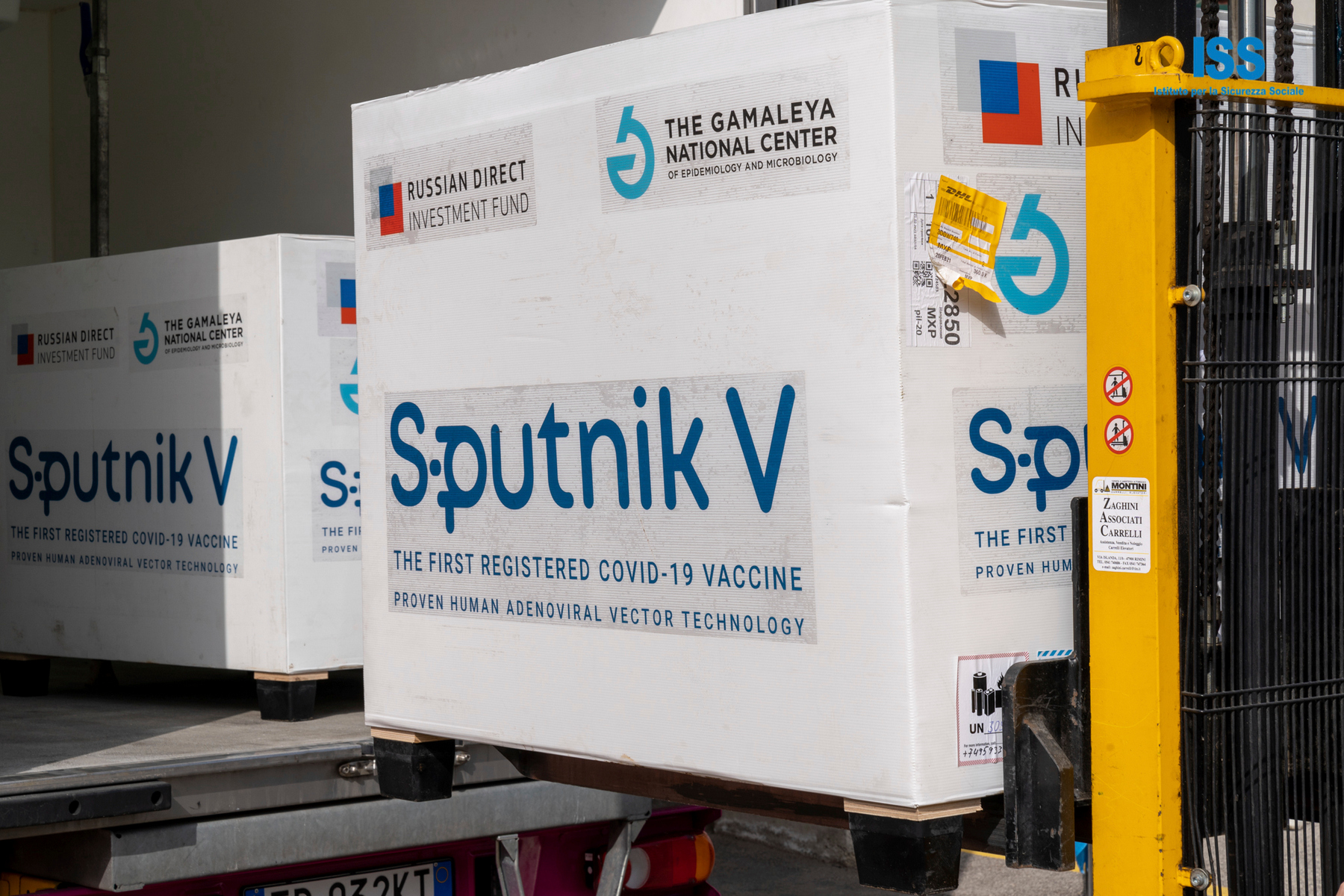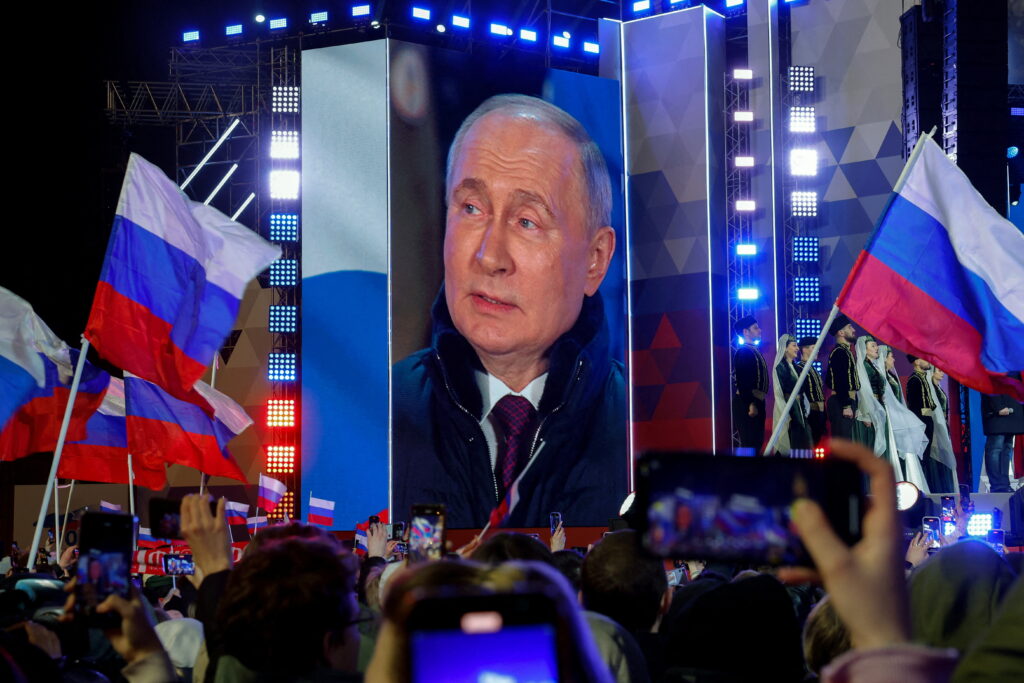The speedy development of the Russian coronavirus vaccine «Sputnik V» has become, perhaps, the main positive international news coming from Russia. This event partially covers the negative informational effects generated by the ineffective struggle of the Russian state with the consequences of the pandemic. The excess mortality rate in Russia in 2020 exceeded 324 thousand people — this is comparable to the population of a large Russian city, for example, Smolensk or Yakutsk. Such a gap between the «success story» of the Russian pharmaceutical industry and the history of the failure of Russian healthcare, as well as the fact that Russians do not trust the domestic vaccine too much, in themselves deserve a separate discussion. Moreover, reports of demonstrative Russian deliveries of Sputnik V around the world for the purpose of «vaccine diplomacy» against the background of diminutive progress in vaccination within Russia also raise many questions about the goals of the entire enterprise. But can we explain why a country that has not demonstrated significant achievements at the global level in the field of drug development in recent decades, in 2020 found itself — even just in one, but an extremely relevant aspect — being on a par with the world’s leading pharmaceutical powers? What is the secret of the Russian «success story»?
If you look at how the new Russian vaccine was developed and implemented, it is easy to see that it was characterized by practically the same components as for other domestic «success stories». The result in this case was due to three factors:
- Personal priorities of the top leadership of the country, which gambled on a politically significant project and assumed the risks associated with its implementation;
- The energy and initiative of the leaders of this project, headed by the director of the Gamaleya Center Alexander Gunzburg, who acted as policy entrepreneurs;
- Patronage of the vaccine project by the country’s top political leadership, which allowed the vaccine creators to get carte blanche for the implementation of their work.
The availability of an advanced technological base and qualified personnel necessary for the development and implementation of the vaccine were extremely important ingredients. But without the priorities and patronage of the country’s leadership, it would hardly have been possible to ensure sufficient concentration of considerable material and financial resources in time. In this sense, we can talk about a significant continuity of Sputnik V with the Soviet space program, the success of which became possible thanks to the happy combination of its development and promotion by Sergei Korolev and his team, along with patronage by Nikita Khrushchev, who risked making the space program his personal priority. That is why the Soviet leaders were «invested» in the space race, a victory that brought the Soviet Union and Khrushchev personally considerable political dividends, including in the international arena. The Soviet Union at the turn of 1950−1960 did not have enough economic and technological resources for continued leadership in the space sector. Unsurprisingly, the United States, late at the start of the space race, soon surpassed its Soviet competitors. But the glory of past successes survived their creators: Russian public opinion still considers Gagarin’s flight to be the second most important event in Russian history after the victory in the Great Patriotic War, although today aero-space in Russia is going through hard times.
The symbolic effect of the space «success story» turned out to be incomparably more significant than its practical significance for the country’s development. Unlike achievements in space, the creation and implementation of Sputnik V works as a foreign policy tool but is practically not used by the Russian authorities for the purposes of domestic political propaganda (most likely, so as not to raise reciprocal questions from Russians about the numerous victims of the pandemic and the sad state of the healthcare system).
«Success stories» in Russia are a special case of «pockets of efficiency» — government projects and programs that are implemented in different countries and in different eras as drivers of accelerated growth and development. They not only enjoy the patronage of the leadership, but are also implemented in special conditions from the point of view of state regulation of their activities. There are many examples of this kind of projects in Russian history — from the Toy army of Peter the Great (Poteshnye voiska) to the «Sharashkas» of Stalin’s times, which became the forerunners of the Soviet space program.
Russian «pockets of efficiency» have a number of features that distinguish them from their foreign counterparts. As a rule, they are focused on a one-off effect, and not on long-term development, and therefore turn out to be short-lived. A change in the political priorities of the top leadership (and even more so a change in the leadership itself) can put an end to «success stories.» The same Soviet space program underwent a radical revision after the removal of Khrushchev; many of the previous plans were either canceled or only partially implemented. Similarly, the «success story» of the Higher School of Economics, a university created from scratch, which in the 2000s-2010s achieved considerable success. Against the background of the recent «tightening the screws» in the political sphere, the HSE got rid of a number of professors known for their critical position, putting its status as a «success story» into question.
In addition, the flip side of the few «success stories» in Russia is the failure of many other potentially promising projects that have never been implemented. The list of political priorities for top leaders is by definition limited; initiators of new projects without patronage risk not gaining access to priority allocation of resources, or getting bogged down in bureaucratic agreements. An example is the sad experience of the creation of the All-State Automated System of Management (OGAS) in the USSR in the late 1960s and early 1970s. The instance was analyzed by the American researcher Benjamin Peters, who described how the promotors of this project, led by the director of the Kiev Institute of Cybernetics, Viktor Glushkov, proposed to the Soviet leadership a project to create a unified planning and resource allocation network based on electronic computers which was designed to improve the functioning of the economy. In fact, it was about the predecessor of the current Internet: the development of similar projects in the United States in those years was at a comparable level. But the top Soviet leadership showed no interest in this endeavor, despite its support from the USSR Central Statistical Directorate. As a result, the project failed at the Politburo level; the development of computer networks and the Internet in Russia was delayed for more than two decades.
Finally, Russian «success stories» have a rather limited multiplier effect. In other words, the achievements of individual promising projects are poorly replicated in other state institutions and organizations; even more so in other sectors of the economy. Dissemination of best practices is difficult. An attempt to extend the experience of the Higher School of Economics to other Russian universities were undertaken within the framework of the government project «5−100». Despite some achievements, on the whole this project brought rather modest results. The time and resources allocated by the government for this project were clearly insufficient for Russian universities to rise to the top of the world rankings. Nor did the incentives of university leaders change much for the better: in fact, they had to correctly account for the use of state resources, but nothing more. Therefore, many «success stories» in Russia (and not only) run the risk of remaining isolated pockets of relative prosperity in a sea of stagnation.
Based on previous experience, one should be skeptical about the likely prospects of Sputnik V from the point of view of the future of the Russian healthcare system and the pharmaceutical industry. This «success story» is likely to remain an isolated case, designed to improve the reputation of the country’s top leadership in the short term and bring dividends to them on the international stage. But the authorities do not strive to organize the provision of vaccinations for Russians on a scale that even remotely resembles Israel’s. Using technological developments and the experience of deploying vaccine production for the long-term development of a first-class domestic pharmaceutical industry is a task that the Kremlin does not even set today.









